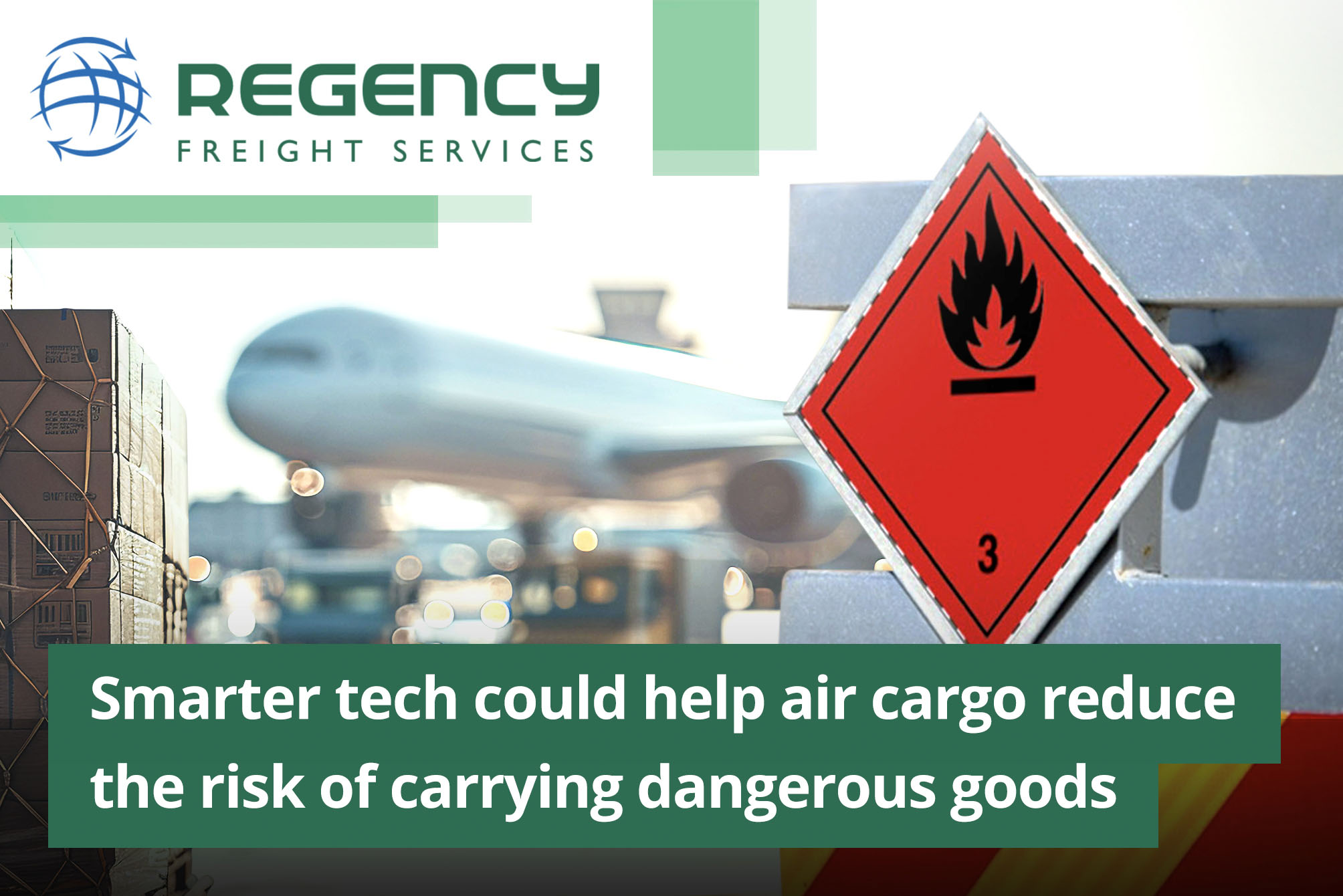Smarter tech could help air cargo reduce the risk of carrying dangerous goods30 September 2024
The challenges surrounding the availability of real-time rates and bookings for dangerous goods in air cargo are becoming increasingly evident, though experts believe the cause is multifaceted rather than indicative of a larger trend. Matthieu Petot, CEO of digital booking platform CargoAI, noted that currently, only 2.5% of the platform’s digital bookings involve dangerous goods and temperature-controlled shipments. He explained that these types of shipments require more stringent handling and compliance checks, which may cause some airlines to hesitate in fully digitizing these processes. To address these challenges, CargoAI is working to enhance transparency, automate compliance checks, and provide detailed handling instructions, making the digital booking process more accessible and reliable for specialized cargo. Radhesh Menon, VP of Strategy and Product Management at IBS Software, suggested that outdated systems and a continued reliance on manual processes could be behind the difficulties. He pointed out that many airlines are still reluctant to trust digital data for operational validation, particularly for dangerous goods or regulatory checks, due to the risks involved. However, he noted that this is likely to change as airline systems evolve and become better at identifying and mitigating data quality issues using historical patterns. Despite these obstacles, the digitization of air cargo is progressing. Digital platforms such as Webcargo by Freightos are leading the way, even with complex cargo categories like dangerous goods. In June, Coyne Airways became the first airline to offer real-time rates and booking for dangerous goods on the platform, expanding access across its services in Africa, the Gulf, and the Caspian regions. Meanwhile, Hong Kong-based handler Hactl is taking proactive steps to manage the risks associated with lithium batteries in air cargo. These shipments, while a crucial revenue stream, pose significant risks due to their potential to catch fire or explode if mishandled. To mitigate these risks, Hactl has opened a dedicated storage zone for lithium batteries, complete with CO2 fire suppression systems and fireproof partitions to safely separate these shipments from others. Wilson Kwong, CEO of Hactl, emphasized that the ever-increasing volume of lithium battery shipments makes it essential to take every possible precaution. He added that the new storage zone is designed to contain and quickly extinguish any potential battery fires, and Hactl has already invested in an intelligent cargo thermal detection system to provide early warning of any conditions that could signal an imminent fire. As the air cargo industry continues to embrace digital transformation and enhanced safety measures, the handling of dangerous goods is expected to become more efficient and secure, paving the way for smoother operations and improved customer confidence. By: Alexander Whiteman |
|
   |
